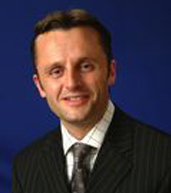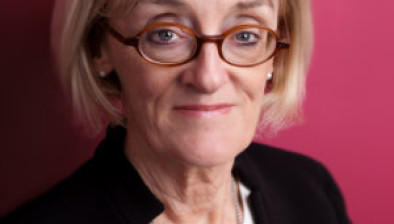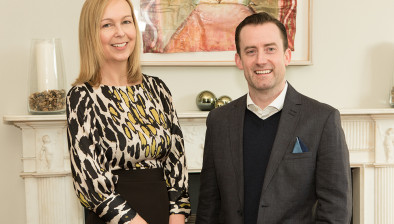Law Society backs proposed constitutional amendments on divorce

Dr Geoffrey Shannon
The Law Society of Ireland has announced its support for proposed constitutional amendments to remove the minimum living apart period for spouses seeking a divorce from the Constitution.
In a major new report written by Dr Geoffrey Shannon, a member of the Law Society’s family and child law committee, the Law Society said it supported calls for the period to be reduced in legislation to two years during the previous three years.
In total, the Law Society has set out 11 recommendations in the Divorce in Ireland: The Case for Reform report.
Dr Shannon presented his research at a launch event chaired by Patrick Dorgan, president of the Law Society, and Government minister and solicitor Josepha Madigan earlier today.
Speaking at the launch, he said: “Divorce has now been in operation in Ireland for over two decades. During that time Ireland has witnessed radical change that has resulted in a more secular, more modern and less traditional society.
“The Council of the Law Society, having considered the Report, decided to call for a yes vote in the referendum due to take place later this month. While each case is unique, the current requirement to live apart for a period of four years prior to the institution of divorce proceedings may now be considered too long. It may result in a duplication of legal expenses and protracted proceedings, where parties are involved in both judicial separation and divorce proceedings over time.”
According to the Central Statistics Office (CSO), the number of divorced people in the State has increased from 35,100 in 2002 to 103,895 in 2016.
Dr Shannon said: “Undoubtedly, the rise in the number of divorced persons also reflects an increasing acceptance of divorce within Irish society as a remedy to an irretrievably broken-down marriage.”
“The questions facing Ireland now relate to what type of legal framework and practice should underpin its law in this arena. What type of divorce law and practice do we want? The Law Society has conducted this research in order to answer these difficult questions by looking at the evidence.”









